Upcoming Panel Discussion on Community Engagement

The Community Building working group from the LTER Diversity, Equity, and Inclusion Committee will be facilitating a panel discussion on community engagement with colleagues from across the network

The Community Building working group from the LTER Diversity, Equity, and Inclusion Committee will be facilitating a panel discussion on community engagement with colleagues from across the network
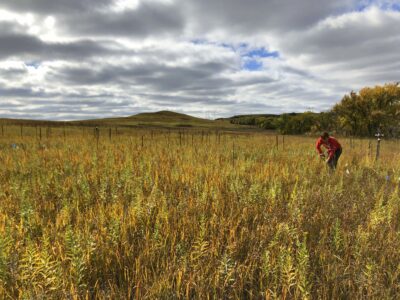
New research from a long-term experiment at the Konza Prairie LTER shows that past climate conditions influence how ecosystems respond to current water availability.

Ever want to make your own ecological sensor? This guide by Mark Gahler will help you get started in the right direction.
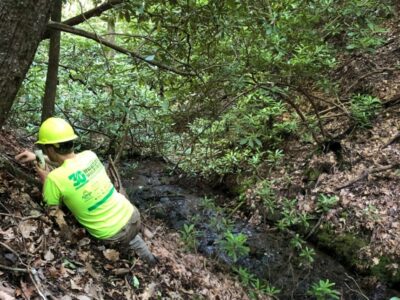
Microbial resilience and response with ongoing climate change is influenced by land use legacies at the Coweeta LTER.

John Porter and An Nguyen, with the LTER Information Managers, outline 8 reasons to archive and share data supported by the literature.
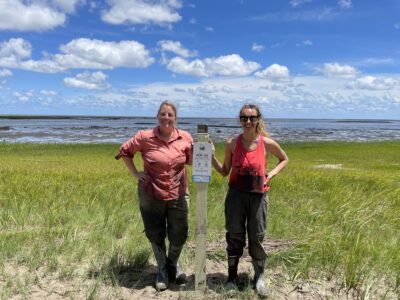
With just a phone camera, anyone can add to a growing dataset tracking environmental change at the Virginia Coast Reserve LTER.
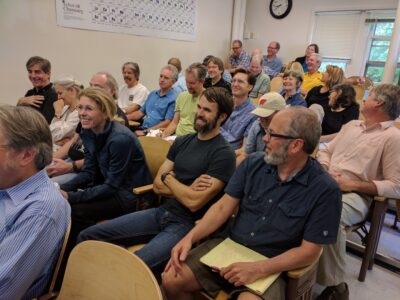
LTER network scientists work together to reveal key trends in organic matter processing, storage and transport across ecosystems.
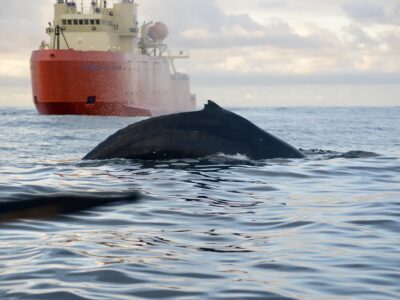
Palmer Antarctic LTER researchers track the full migration of Southeast Pacific humpback whales, the first time this has been done.
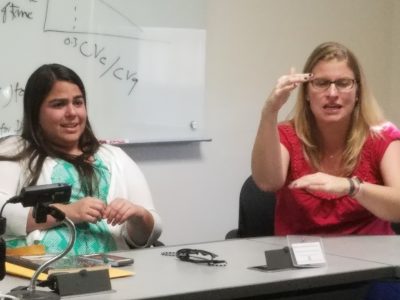
Synthesis working groups rely heavily on in-person collaboration. Free-flowing debate on goals and methods carries over from afternoon workshops through shared dinners. There’s little substitute for the immediacy of cooking up an analytical approach, scripting it onsite, discussing results, and making revisions — all within a few hours. And the easy availability of technical, analytical… Read more »
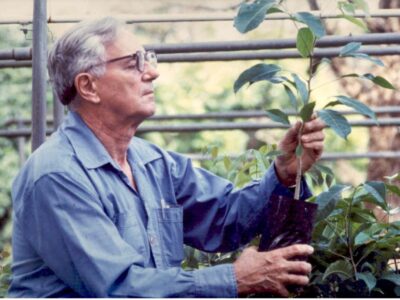
The world lost a giant of forest conservation with the passing of the USDA International Institute of Tropical Forestry (IITF) emeritus scientist Dr. Frank H. Wadsworth on January 5th, 2022.